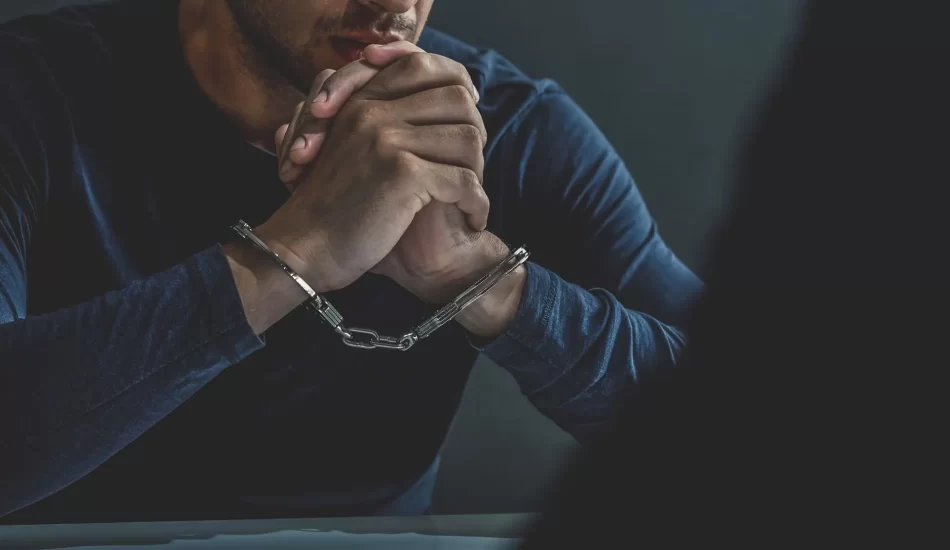Key Considerations for Clients Who Have Violated Their Probation

Probation violations are a major cause for concern among clients with legal matters. A violation of probation (VOP) can result in extremely serious consequences, including extended incarceration, the need to return to court for further hearings, and possible sentencing. Thankfully, criminal defense attorneys have expertise in helping their clients navigate these tricky situations and mitigate potential punishments. In this article, we’ll discuss some key considerations that must be taken into account when dealing with a probation violation so that your client doesn’t find themselves facing more severe penalties than necessary. We will include information on the best procedural steps to take after a VOP is alleged and what type of guidance should be expected from an experienced attorney during such difficult times. By considering all relevant factors beforehand, you can ensure that your client receives all available rights and is kept informed through their legal journey
Understanding the Potential Consequences of a Probation Violation
Probation is a form of alternative sentencing which allows offenders to serve their time in the community rather than being incarcerated. However, living under probation comes with some significant limitations and conditions that must be strictly followed. Any breach can lead to further legal trouble. A probation violation can result from an array of circumstances, including failure to attend appointments with probation officers, drug or alcohol use, breaking curfews, traveling out of state without permission, etc.
Depending on the severity of the violation and its frequency, penalties may vary significantly from one case to another. Minor violations could only result in warnings while serious ones would undoubtedly lead to harsher consequences such as shortened deadlines for compliance or returning into custody temporarily or permanently. Several factors are considered when determining the outcome, such as how many times someone has violated and misdemeanors committed during this period.
With so much potentially hanging on every decision made after a probationary violation occurs, it is highly essential at all stages people have access to the experienced council who not only understand what they’re up against but also know how best to approach each unique scenario brought before them. They work collaboratively with clients to craft solutions that are not necessarily punitive-oriented measures where fines and prison sentences are avoided entirely.
Gaining Evidence to Support Your Client’s Case
Gaining evidence to support your client’s case is a crucial factor when dealing with probation violations. It requires thorough investigation, attention to detail, and the ability to present compelling arguments in court. To start, attorneys should review their client’s probation agreement and identify the specific conditions that were violated, such as drug or alcohol use, failing to report for scheduled appointments, or committing new crimes while on probation.
Once identified, it is essential to gather solid evidence that supports your argument. This can include documentation of missed appointments or failed drug tests, witness statements from individuals who have relevant information about the violation, surveillance footage if available, or other corroborating evidence. Furthermore, attorneys need to prepare witnesses for questioning at trial and be able to craft precise pleadings that argue why these circumstances do not warrant harsher sentencing measures such as imprisonment.
In addition, attorneys must establish a good relationship with their clients; gaining trust and openness will enable them to provide an accurate account of events leading up to the breach of probationary terms agreed upon at sentencing. The attorney-client communication must remain confidential throughout proceedings so they feel comfortable sharing sensitive details about what led up to this situation.
Overall repeatedly violating any conditions of probation could lead to formal revocation hearings hence, you would want to make sure to get all vital facts supporting your argument by ongoing monitoring & discussions between your client throughout his/her sentence period so there are no surprises down the line aiding you in protecting your client’s rights and ensuring justice prevails in their favor.
Working with a Criminal Defense Attorney to Mitigate Punishments
If you or your client is facing a probation violation, it’s crucial to work with an experienced criminal defense attorney who can help mitigate potential punishments. An attorney can assist in identifying the underlying reasons for the violation and presenting relevant evidence to the court that could potentially persuade them to reduce or eliminate penalties.
One approach used by attorneys is demonstrating compliance and progress. They will work with their clients to show how they have been fulfilling other obligations stated by their probation conditions such as completing community service hours, drug & alcohol testing, and attending therapy sessions which all demonstrate respect towards court-ordered conditions of release. Furthermore, an attorney may provide character witnesses who attest to their clients’ good conduct during previous times on probation, which can highlight positive changes since the last sentencing.
In any scenario related to criminal law violations that involve going before a judge or jury in court you must never underestimate the sheer skill of legal professionals like criminal defense attorneys in mitigating punishment and minimizing sentences. Whether you are considering filing an appeal after conviction or fighting against renewed incarceration, they are vital to the process. If you are facing a probation violation, Contact attorney Jarrett Maillet for assistance.
Jarrett Maillet J.D., P.C.
210 E 31st St
Savannah, GA 31401
912-713-3426


